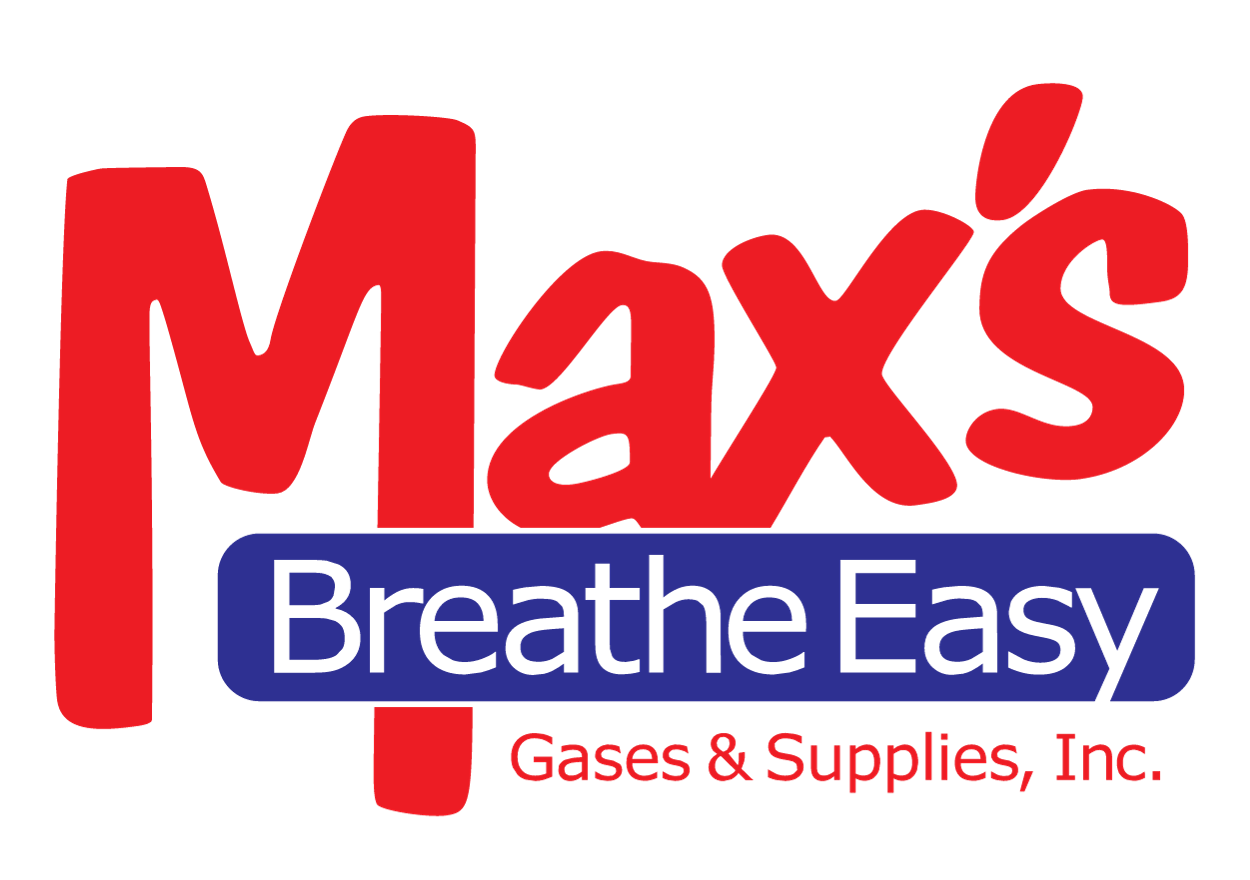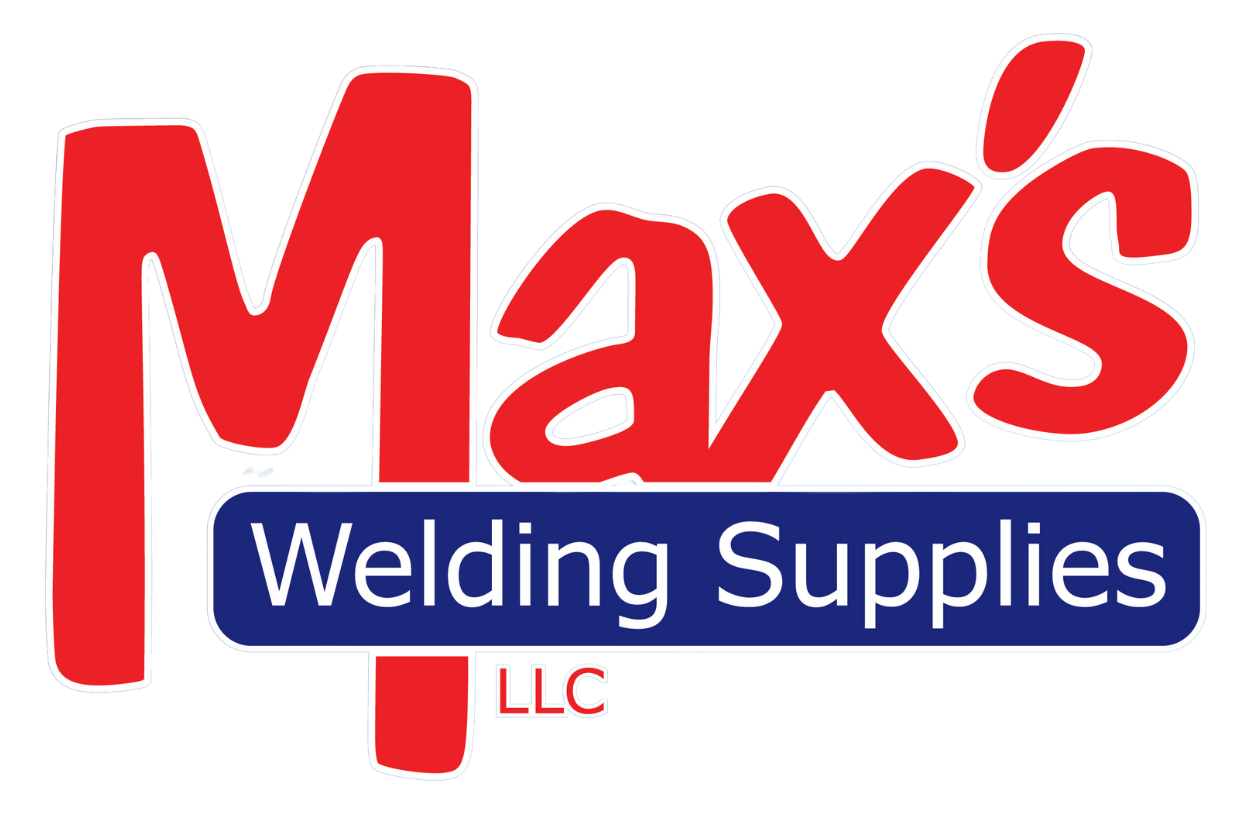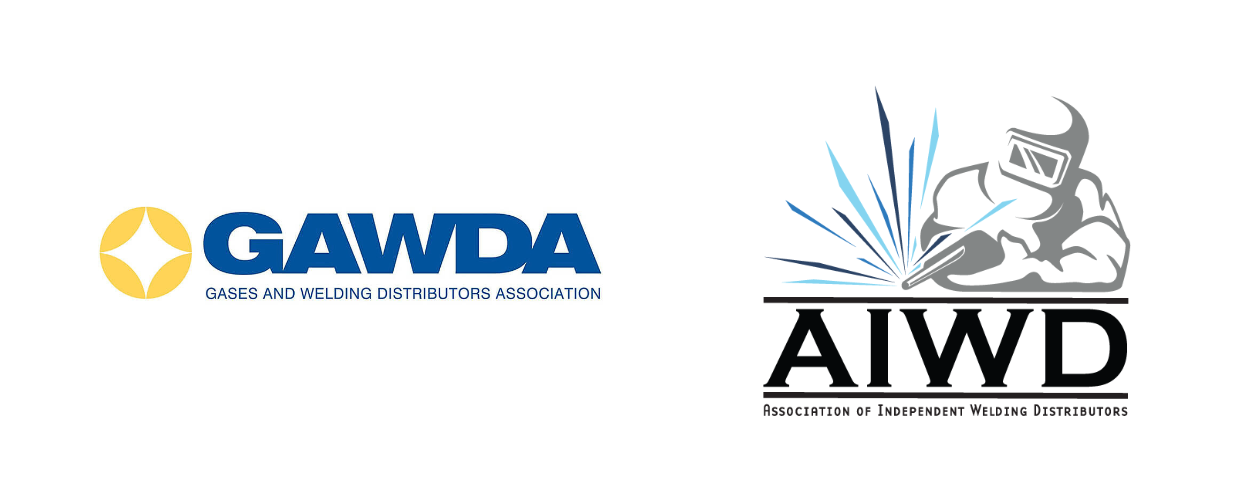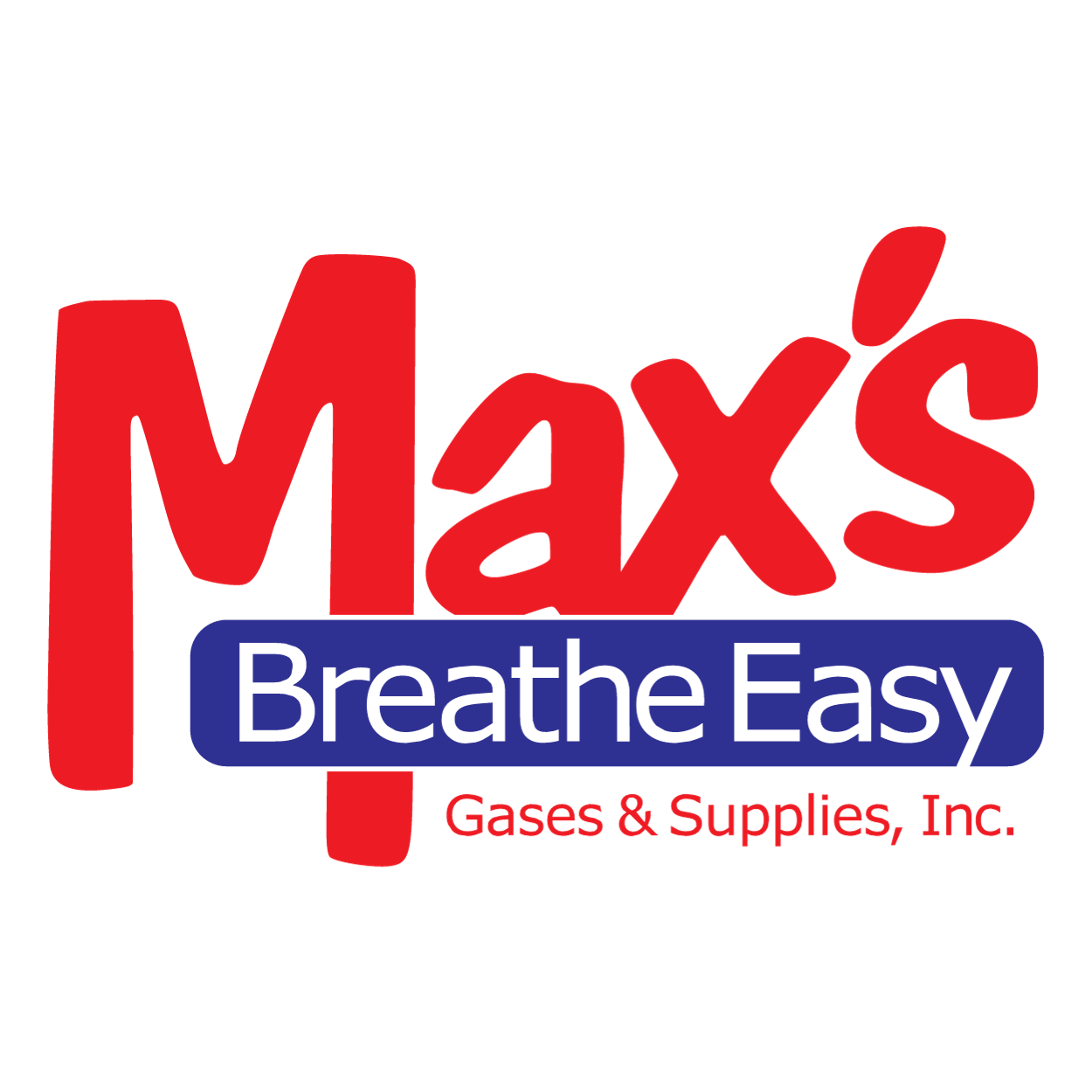

PRIMARY LOCATION
622 Oil Hill Rd
El Dorado, KS 67042
SECONDARY LOCATION
910 Graham St
Emporia, KS 66801
The Vital Role of Specialized Medical Gases: What Are They?
Exploring the Importance and Applications of Specialized Medical Gases
Medical gases play a crucial role in various healthcare settings, contributing to patient care, diagnostics, and therapeutic interventions. While commonly known gases like oxygen and nitrous oxide are widely used, specialized medical gases serve specific purposes tailored to unique medical needs.
Understanding Specialized Medical Gases
Specialized medical gases encompass a diverse range of gases designed to address specific medical conditions, procedures, and therapies. Unlike general-use medical gases, which serve broad purposes such as respiration or anesthesia, specialized gases are formulated with precise compositions to meet the unique requirements of specialized medical treatments. These gases are carefully calibrated to deliver optimal therapeutic effects while minimizing risks and side effects.
Applications in Healthcare
Specialized medical gases find applications across various medical specialties and disciplines, catering to specific patient needs and treatment protocols. Some common examples of specialized medical gases include:
- Heliox: A mixture of helium and oxygen, heliox is used to treat respiratory conditions such as asthma, chronic obstructive pulmonary disease (COPD), and upper airway obstruction. Its low density and viscosity make it easier for patients to breathe, particularly in cases of airway constriction or obstruction.
- Nitric Oxide (NO): Nitric oxide is a vasodilator gas used to treat pulmonary hypertension in newborns, a life-threatening condition characterized by high blood pressure in the lungs. By dilating pulmonary blood vessels, nitric oxide improves blood flow and oxygenation, helping to alleviate symptoms and improve outcomes in neonates with pulmonary hypertension.
- Carbon Dioxide (CO2) Absorbent: In anesthesia and respiratory therapy, carbon dioxide absorbents are used to remove exhaled carbon dioxide from breathing circuits and rebreathing systems. These absorbents help maintain proper levels of carbon dioxide in the patient's respiratory system, ensuring safe and effective ventilation during procedures.
Quality and Safety Considerations
Given the critical nature of medical gases in patient care, ensuring quality, purity, and safety is paramount. Specialized medical gases must adhere to stringent quality control standards and regulatory requirements to guarantee their efficacy and safety for clinical use. Manufacturers and suppliers of specialized medical gases must conduct rigorous testing and validation processes to verify the composition, purity, and stability of their products, mitigating potential risks and ensuring optimal patient outcomes.
Specialized medical gases play a vital role in modern healthcare, offering targeted therapeutic interventions and solutions for a wide range of medical conditions. From improving respiratory function to managing pulmonary hypertension and facilitating anesthesia delivery, these gases are indispensable tools in the hands of healthcare professionals. Max's Breathe Easy & Welding Supplies is dedicated to providing high-quality specialized medical gases, ensuring that healthcare facilities have access to the resources they need to deliver optimal patient care. Contact Max's Breathe Easy & Welding Supplies today!
HOURS
Monday - Friday: 8am - 5pm
Saturday & Sunday: Closed

All Rights Reserved | Max's Welding Supplies | Site Creds | Legal Notice
